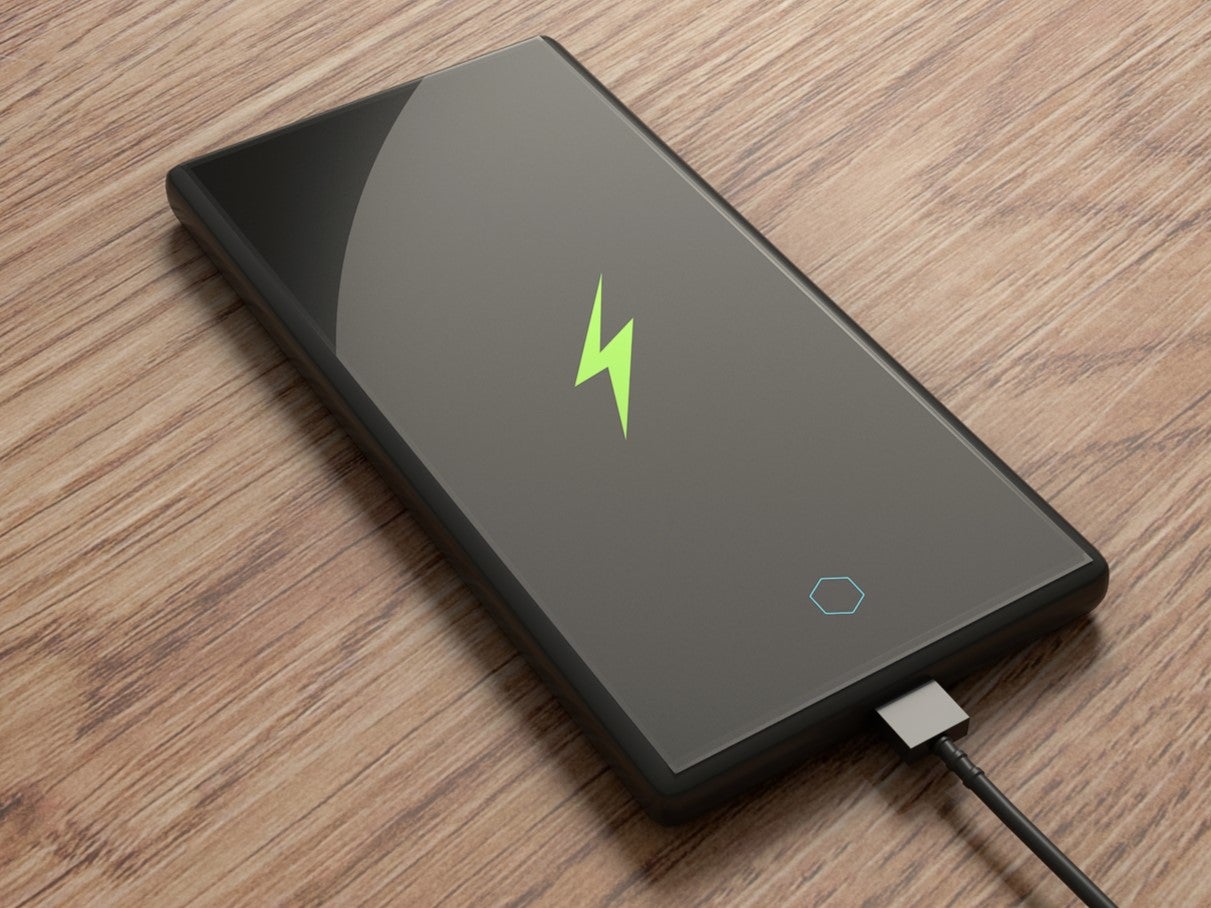Breakthrough battery holds 4x charge of smartphone batteries at fraction of the cost
Sodium-sulphur batteries are also far less toxic as they are made from sea water

Researchers have created a new type of battery that holds four times the amount of energy as conventional lithium-ion batteries, at a fraction of the cost.
Using a new technique to build sodium-sulphur batteries, a team from the University of Sydney in Australia was able to create a super-high capacity and ultra-long life battery.
The sodium-sulphur battery was made with molten salt that can be processed from sea water, meaning it is also far less toxic and environmentally damaging than the lithium-ion batteries currently found in everything from smartphones to electric cars.
The scientists claim the technology could turbocharge the transition to a decarbonised economy.
“Our sodium battery has the potential to dramatically reduce costs while providing four times as much storage capacity,” said lead researcher Dr Shenlong Zhao from the university’s School of Chemical and Biomolecular Engineering.
“This is a significant breakthrough for renewable energy development which, although reduces costs in the long term, has had several financial barriers to entry. When the Sun isn’t shining and the breeze isn’t blowing, we need high-quality storage solutions that don’t cost the Earth and are easily accessible on a local or regional level.”
The battery is specifically designed for providing energy storage solutions for renewable energy sources like wind and solar.
A recent report found that renewable energy is set to overtake coal as the largest source of power generation globally in five years, however significant challenges remain with regards to storing the power during times of overproduction.
The researchers hope to continue improving the battery technology with the aim of eventually commercialising it.
“We hope that by providing a technology that reduces costs we can sooner reach a clean energy horizon,” said Dr Zhao.
“It probably goes without saying but the faster we can decarbonise, the better chances we have of capping warming. Storage solutions that are manufactured using plentiful resources like sodium also have the potential to guarantee greater energy security more broadly and allow more countries to join the shift towards decarbonisation.”
A paper detailing the discovery, titled ‘Atomically dispersed dual-site cathode with a record high sulfur mass loading for high-performance room-temperature sodium-sulfur batteries’, was published in the scientific journal Advanced Materials.
Join our commenting forum
Join thought-provoking conversations, follow other Independent readers and see their replies
Comments
Bookmark popover
Removed from bookmarks